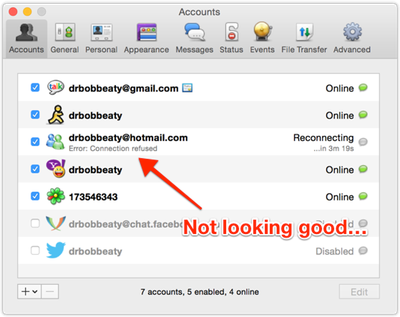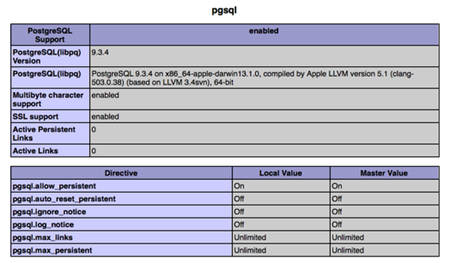
While at The Shop, I've been given an interesting list of name signs for my desk. I was really fortunate to start in a good group - where there was a nice balance of work and play, and they all took part in giving people names on their name signs. While I could just save the paper copies, I decided that I'd spend a little time, do the CSS, and put them all - with a nice commentary, as a post.
Without further ado, let's get right to it.
I'm a little fuzzy about the first one, but I remember distinctly asking about the name signs, and where I could get the metal stands they all sat on. I didn't say that I was hoping to get a great nematic from someone in the group, but within a few minutes of me asking about it, Mike had gotten a new stand out of the office supply cupboard, and Gary had printed out a name tag for me:
What About Bob?
It was so nice because it's one of my favorite movies, and it was a wonderfully kind thing for the guys to do.
The next one, like all the others, were placed without my knowledge - which was the way the group worked. And I'm not sure exactly what I did to be awarded this name tag, but I'm sure it had to do with never giving up.
The Ineffable Will of Bob
This next name tag was clearly from a time when everyone in the group was sold on the idea of moving forward, and I was quoting National Treasure about what we still had to do before we got there.
Johnny Raincloud
This one came along after someone had doubted me on something, and I answered back the the childhood response that I used for many a year.
Double-Dog Sure
The ruby gem collection is impressive - some are good, others are great, but there is the tendency to go with Convention over configuration, and in that sense, there was a new feature the group needed to add - and were hoping that it already existed in the wild. In the end, I quipped that if it existed, that it would be...
One Spankin' Awesome Gem
There was likely a time when I brought in a cold. The group was tight, and it was a mistake on my part. I should have stayed home. But it earned me this name tag.
Patient Zero
It was customary to send out an email to the group when you were planning on working from home in the coming days. I was typing this email way too fast, and the title was a typo, but one of epic proportions in the group. I had people using this as the tag for working from home for months to come. It was my one, real contribution to the group's culture.
WTF <EOM>
My consumption of Diet Coke was certainly noted and talked about around the group. At the same time, I was working on a project called Dark Magic, and so they gave me the name tag:
A Machine That Turns
Diet Coke Into Dark Magic
During the Bitcoin boom, a few of the guys in the group and I talked about doing some interesting things with Bitcoin. I'm still interested in it, but the lack of a solid financial backing means that it's just too volatile for me. One of the guys joked that if that were solved, how would I feel then, and my response made several of them laugh. It was almost immediately my new name tag.
Fleece Them Mercilessly
While in a meeting with a group trying to internationalize the data on the cheap, the person presenting was very upbeat (to say the least), and while I wanted to temper the ideas with the reality, I wanted to also let this person know that I recognized their positive attitude. It was then my next name tag.
Your optimism is almost infectious
This next one came from Gary, but I wasn't really sure why. Just Gary being Gary, I suppose.
Robert B. "Bob" Beaty
And my final name tag came when a few in the group realized that we all had unique initials, and so made name tags for everyone in the group:
B
And now it's my last day at The Shop. I start a new job just after the holidays, and that's going to be very nice, but I'll always remember my first group here, and all these fantastic name tags.










